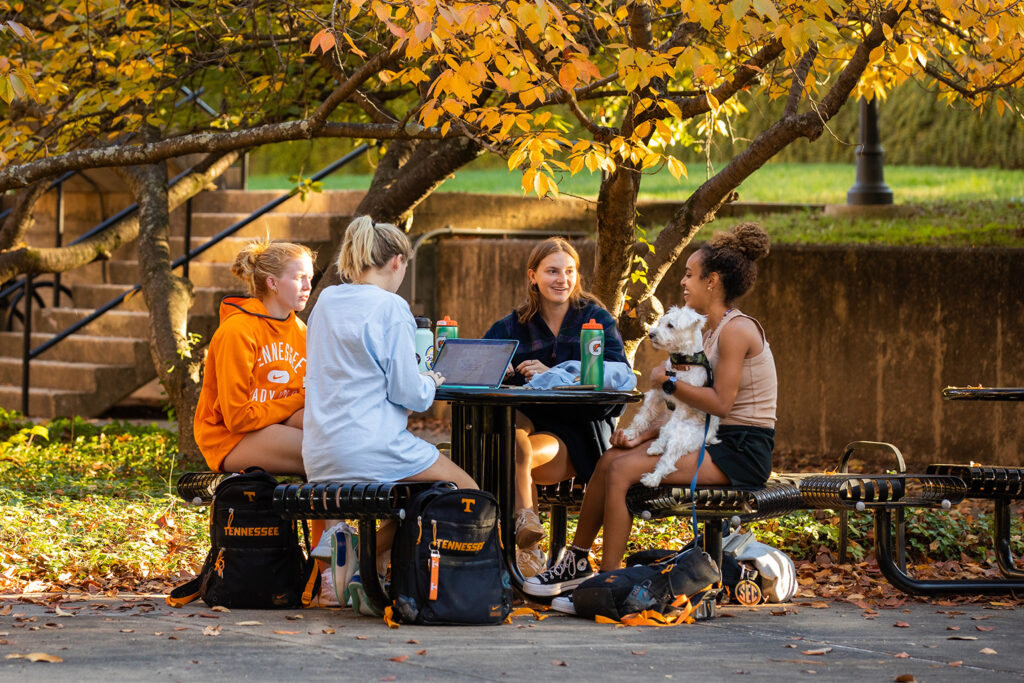LANGUAGES, CULTURES & HUMANITIES PROGRAMS
The study of languages, cultures, and humanities at UT will help you understand the world and the things that bind us together. These programs will sharpen your critical-thinking skills as you will be challenged to engage in complex analysis of the world, past and present. Our students have the opportunity to study abroad in dozens of countries and learn from internationally recognized professors who welcome their collaboration on research. Career opportunities in this field range from government intelligence to health care and could take you anywhere in the world.

Language, culture & humanities careers
Archaeology
Art authentication
Artificial intelligence
Collections management
Domestic and international advocacy
Forensic linguistics
Government intelligence
Humanitarian services
International business
International law
Literacy development
Medicine
Ministry / mission work
Multicultural programming
Preservation and conservation
Psychotherapy
Public relations and marketing
Speech recognition
Teaching
Potential employers
Banks and financial institutions
Colleges and universities
Community education programs
Courts
Federal agencies
Film industry
Hospitals / healthcare
K–12 schools
Libraries
Local churches, synagogues, and mosques
Migrant service providers
Military branches
Museums
News industry
Nongovernmental organizations
Nonprofit organizations
Publishing firms
Research institutions
Residential treatment facilities
Where you’ll study
UT’s College of Arts and Sciences is home to language, culture, and humanities programs where you can study a range of subjects from classical languages to American history to digital humanities to world business and philosophy.


I was a student assistant at Central High School teaching English Language Learning students math. And so that really gave me my first awesome opportunity to work with students who are bilingual or learning to have better English, and how that might be able to help me when I become a doctor and help families similar to them.
Deanna
(’22)
Hispanic Studies, Neuroscience
Find programs in this Area of Study
Explore other Areas of Study
- Agriculture and natural resources
- Architecture and design
- Art and performance
- Business
- Communication and information sciences
- Education
- Engineering, math, and computers
- English and literature
- Health, wellness, and human sciences
- Languages, cultures, and humanities
- Law and justice
- Science
- Social science and social work
- Veterinary
Request Info
We’re excited you want to know more about the University of Tennessee! Select your degree type to get started.
